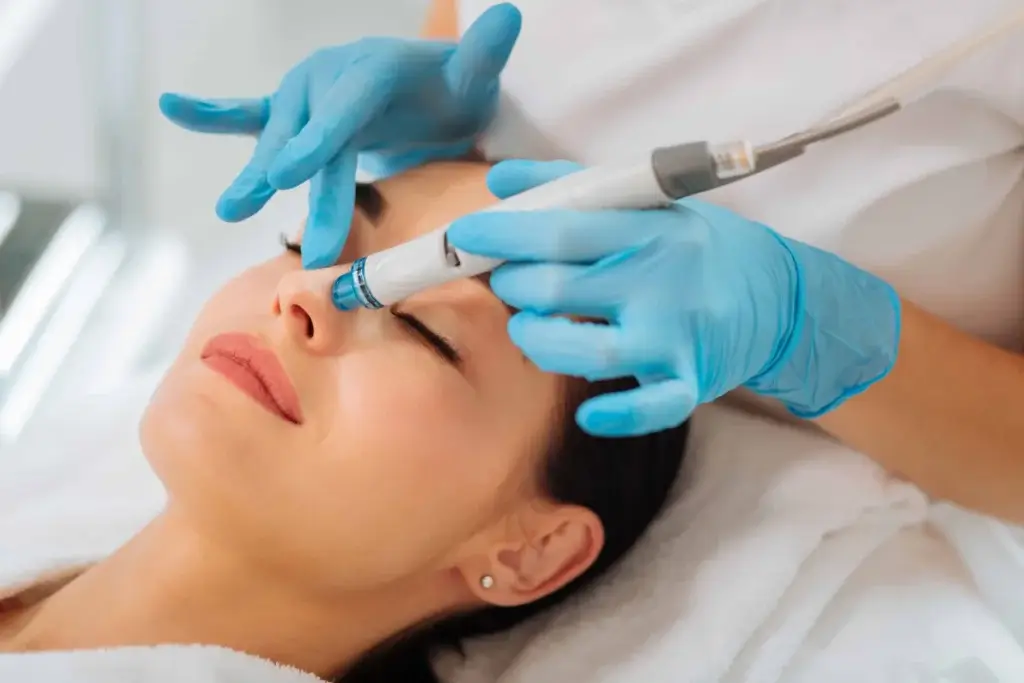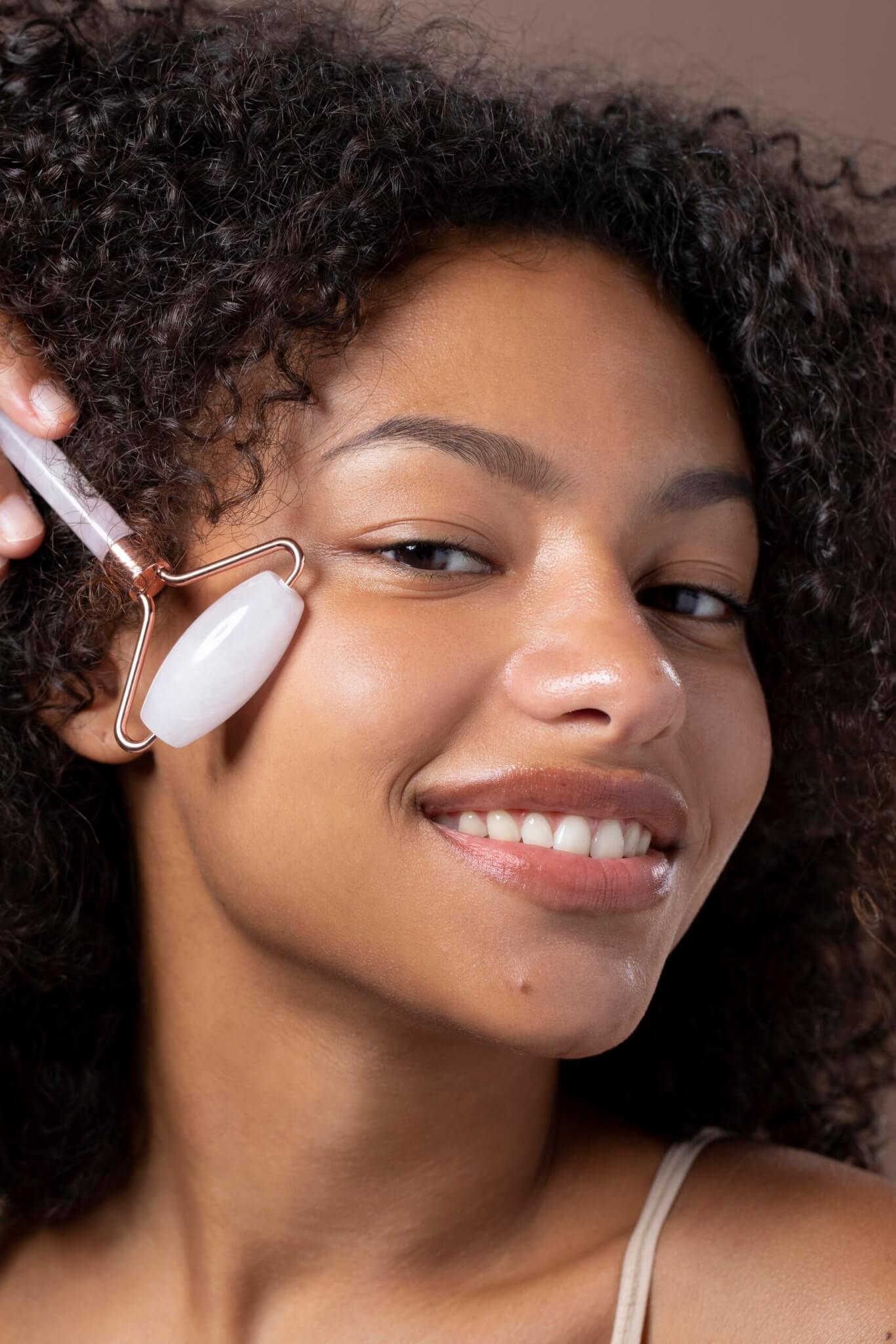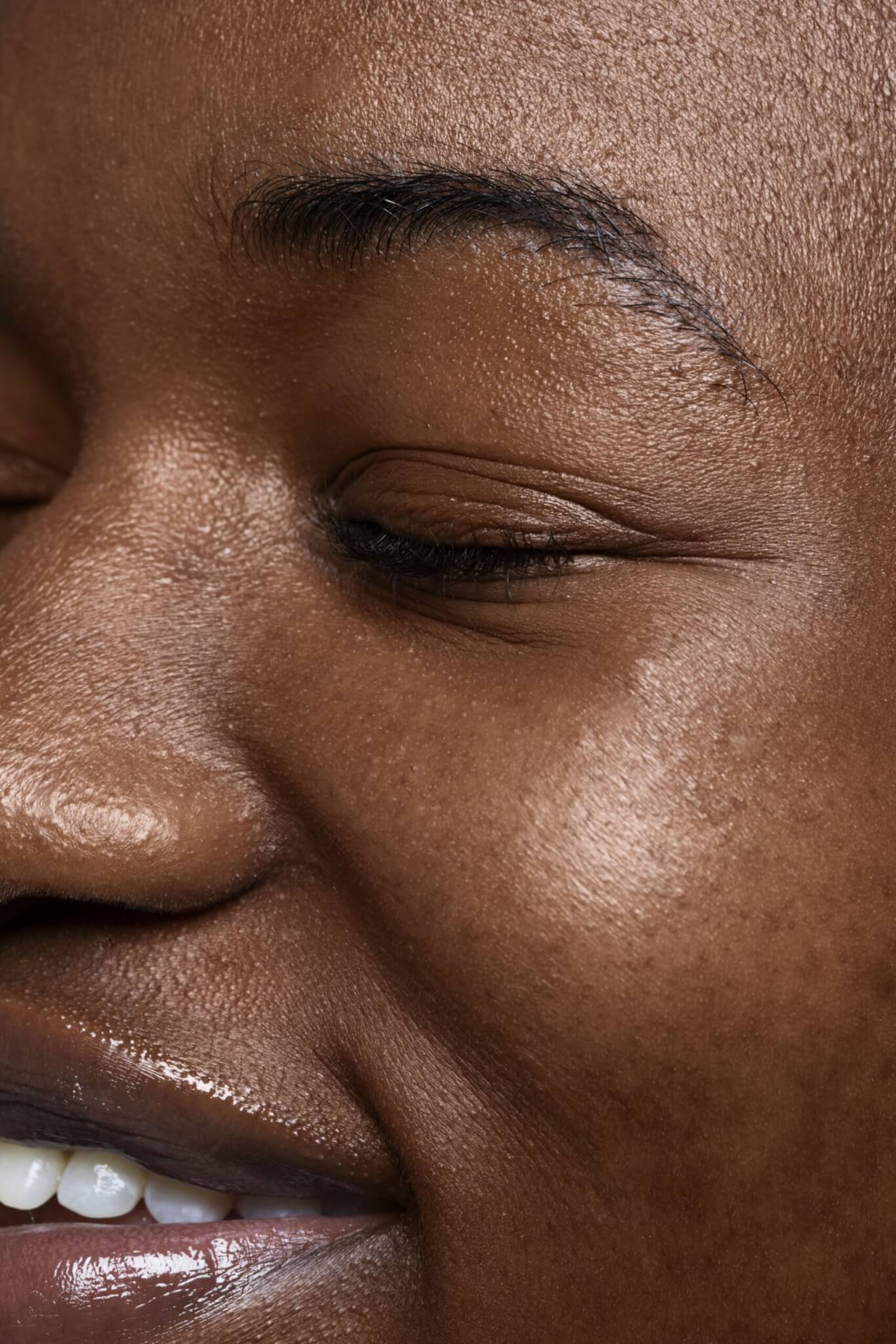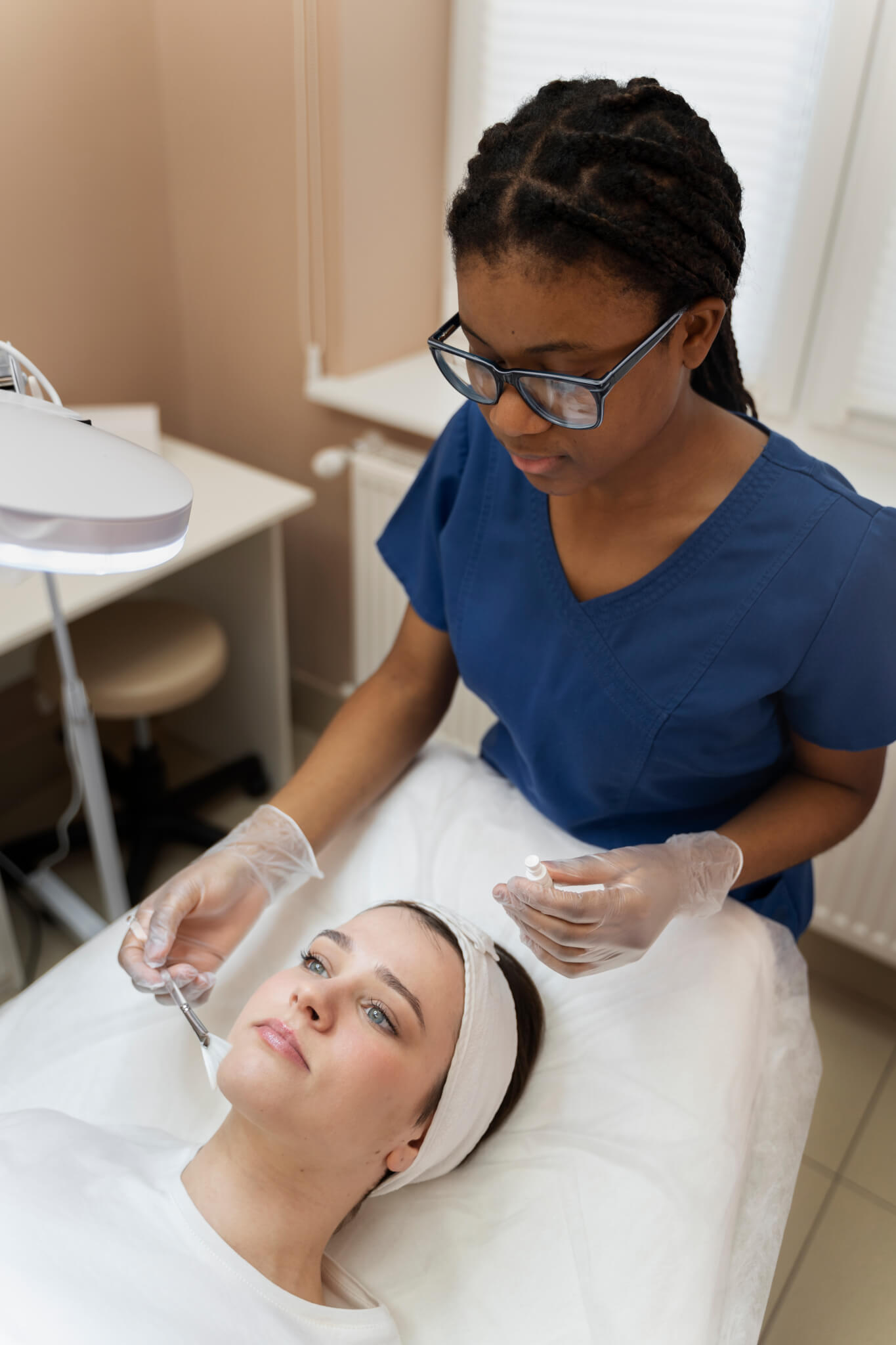Acne is a prevalent skin condition affecting individuals across various age groups, often leading to physical discomfort and emotional distress. From occasional breakouts to persistent cystic acne, the journey toward clear skin can be frustrating and emotionally taxing. Among the myriad of treatments available, “Pimple Killer” injections have emerged as a notable solution for those grappling with persistent and painful acne lesions. This comprehensive guide delves into the intricacies of Pimple Killer treatments, exploring their composition, benefits, procedure, and how they compare to other acne interventions.
Understanding Pimple Killer Treatments
Pimple Killer injections are designed to address inflamed acne cysts and nodules commonly associated with moderate to severe acne. These injections contain a small amount of triamcinolone acetonide (Kenalog), a potent corticosteroid known for its anti-inflammatory properties. When administered directly into acne lesions, triamcinolone acetonide reduces inflammation, diminishes swelling, and accelerates the healing process.
These injections are particularly effective for cystic acne, manifesting as significant, painful lumps beneath the skin’s surface. Such acne lesions are often resistant to over-the-counter treatments and can take weeks to heal on their own. Pimple Killer injections, by contrast, can reduce inflammation within hours.
It’s important to note that while these injections effectively target existing acne lesions, they are not intended to prevent future breakouts. Regular skincare maintenance and preventative treatments are still essential for long-term skin health.
Benefits of Pimple Killer Injections
The advantages of opting for Pimple Killer injections include:
- Rapid Reduction of Inflammation: Patients often observe a noticeable decrease in the size and redness of acne cysts within 4 to 8 hours post-treatment, with continued improvement over the next 24 to 48 hours.
- Prevention of Scarring: By promptly addressing deep cystic acne, these injections can help prevent the formation of scars that might otherwise develop from prolonged inflammation or improper handling.
- Applicability to Face and Body: Pimple Killer treatments are versatile and can be used on acne lesions on the face and other body areas, such as the back, chest, or shoulders.
- Convenience and Efficiency: The procedure itself is quick and minimally invasive, making it an attractive option for those seeking fast results with minimal downtime.
- Reduced Risk of Hyperpigmentation: Early intervention with corticosteroid injections can minimize post-inflammatory hyperpigmentation, a common issue among individuals with darker skin tones.
The Procedure: What to Expect
Undergoing a Pimple Killer injection is a straightforward process that generally requires minimal preparation and recovery time:
- Consultation: A skincare professional evaluates the patient’s skin condition to determine the suitability of the treatment. This step is essential for customizing the treatment plan according to individual skin concerns and overall health.
- Preparation: The targeted area is cleansed to ensure sterility, and a topical anesthetic may be applied to minimize discomfort.
- Injection: A fine needle is used to administer a precise amount of triamcinolone acetonide directly into the acne cyst or nodule. The injection process is quick, typically lasting less than a minute.
- Post-Treatment Care: Patients are advised on aftercare practices to optimize healing. This may include avoiding harsh skincare products or physical exfoliants for the first 24 hours.
The entire procedure typically takes about 15 minutes, making it convenient for individuals with busy schedules. Patients are often able to resume their normal activities immediately following the treatment.
Comparing Pimple Killer Injections to Other Acne Treatments
While Pimple Killer injections offer targeted relief for inflamed acne lesions, it’s essential to understand how they differ from other acne treatments:
- Topical Treatments: Over-the-counter benzoyl peroxide or salicylic acid products are commonly used to manage mild acne. Benzoyl peroxide kills acne-causing bacteria and removes excess oil from the skin, while salicylic acid helps unclog pores by exfoliating dead skin cells. However, these treatments may take several weeks to show results and might not be effective for severe cystic acne.
- Oral Medications: Dermatologists may prescribe oral antibiotics or isotretinoin for more severe cases. While effective, these medications can have systemic side effects and often require long-term use.
- Other In-Office Procedures: Treatments like laser therapy and chemical peels can also address acne and its aftermath. For instance, laser skin resurfacing removes damaged skin layers and promotes collagen production, improving skin texture and reducing scars.
- Home Remedies: While natural remedies such as tea tree oil or aloe vera are popular, their efficacy varies significantly and may not provide substantial relief for cystic acne.
In contrast, Pimple Killer injections provide rapid relief specifically for inflamed cystic acne, making them a valuable option for individuals seeking quick results.
Potential Side Effects and Considerations
While Pimple Killer injections are generally safe, some potential side effects include:
- Skin Irritation: Mild redness or discomfort at the injection site.
- Bruising: Minor bruising may occur but typically resolves quickly.
- Skin Thinning: Repeated injections in the same area can lead to skin thinning or discoloration.
- Allergic Reactions: Rarely, patients may experience an allergic reaction to the medication.
It’s crucial to have these injections administered by qualified professionals to minimize risks and ensure proper technique.
Conclusion
Pimple Killer injections represent a targeted and efficient solution for individuals battling inflamed acne cysts and nodules. By delivering anti-inflammatory medication directly to the affected area, they offer rapid relief and aid in preventing potential scarring. However, they are not a cure-all solution and should be part of a comprehensive acne management plan involving proper skincare and preventative measures.
As with any medical treatment, it’s imperative to consult with experienced skincare professionals to determine the most appropriate intervention based on individual skin concerns and medical history.






